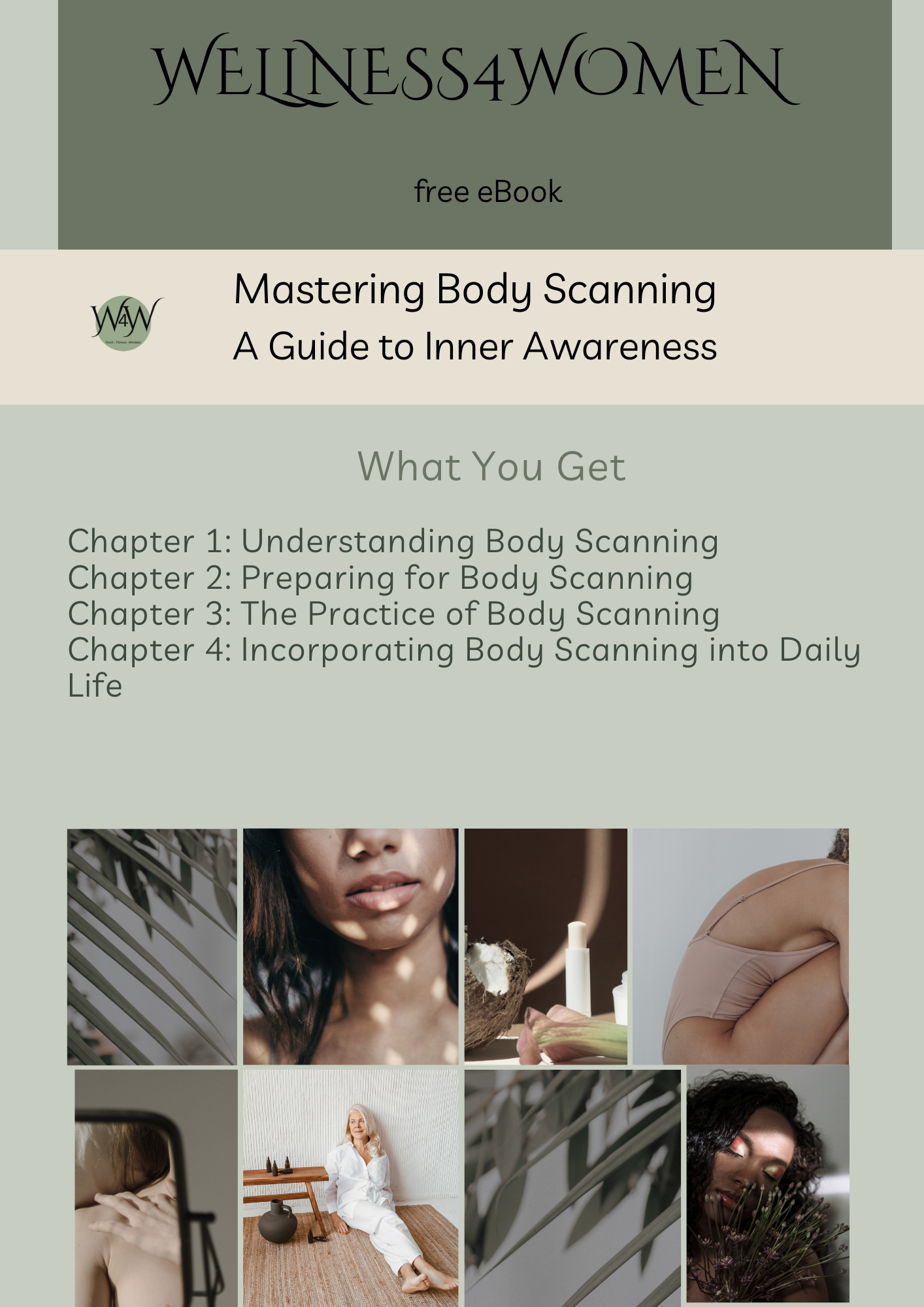Binge eating involves more than simply overeating. Binge eating is an eating related disorder associated with uncontrolled eating habits and challenging emotions. To bring a little ray of hope to sufferers and their families. In this post, we briefly look at the Facts about Binge-Eating and Its Treatment.
Binge-Eating Defined
Binge-eating is a medical and psychological condition during which a person eats large amounts of food over short periods of time. Regardless of the signals their bodies send that they’re full, those who binge continue to consume amounts of food that surpass normal portions.
Binge-eating involves more than just eating a double portion of a favourite food. Those who binge might eat two cheeseburgers followed by a half gallon of ice cream and a box of cookies.
Typical Thinking Patterns
One who binge-eats engages in unhealthy thinking patterns, which drive her/him to over-eat.
They might feel powerless to arrest their aggressive eating behaviours.
Even though you might believe a person would feel too ashamed to binge-eat, the fact is that shame can actually emotionally fuel a binge-eating episode.
Experiencing uncomfortable feelings such as self-loathing and shame is a hallmark symptom of someone who’s dealing with binge eating.
Many people who struggle with binging also have distorted body images. They might believe they’re obese when actually they’re within usual weight standards or only mildly overweight.
On the other hand, a person who binge-eats could also weigh considerably more than the weight charts recommend for their height and age.
Many people use purging as a remedy. This condition is called Bulimia.
Although the condition does occur in both males and females.
There is hope???
We must recognise that people who binge can discover optimism and confidence to live successful lives in recovery.
Treatments for Binge-Eating
There is a wide range of effective treatment regimens if you are looking for them. These will help you rise above the condition.
Here are some beneficial treatment avenues:
Self-Help Groups.
Depending on the community, you might have the opportunity to attend self-help groups to reduce or stop incidents of binge eating.
Self-Help groups such as Overeaters Anonymous can provide wonderful, understanding emotional support for people who struggle with binge eating.
Individual Cognitive Therapy.
Attending individual therapy sessions can be pretty helpful for those who require more professional aid.
Cognitive Therapy (CBT) is conducted by a trained therapist who works to confront the individual’s distorted body image, unhealthy thinking patterns, and feelings of shame.
The therapist aids the person in replacing troublesome thoughts with more realistic, healthy, and positive thoughts.
Another way a therapist motivates someone in recovery from this very real medical condition is to encourage the person who binge-eats to surround herself with understanding, supportive family and friends.
Family Therapy.
If the person who’s dealing with binging is a teen, family therapy, in addition to individual therapy, can be a lifesaver for family members who want to better understand what their teen is going through.
If you require more intensive treatment than individual therapy. Family therapy, and self-help group attendance, or intensive day treatment may be an option.
Some programs provide 2 to 6 hours of professional treatments a week. Such treatment typically takes place at eating disorder facilities that give a variety of treatment options that enable individuals on their paths to recovery.
Inpatient Treatment Stay.
Sometimes, the person struggling with binge eating would benefit from voluntarily entering an inpatient treatment facility for a 4-6 week stay.
This kind of therapy provides a 100% supportive physical and emotional environment around the clock to ensure binge-eating behaviours subside and healthy eating habits increase.
Outpatient follow-up treatment to provide much-needed support will be necessary as you transition back into your home environment.
There is Hope!
Binge-eating is a medical/psychological condition that involves eating large amounts of food and experiencing emotional turmoil. People can overcome the challenging behaviours and feelings associated with binge eating to embrace healthy, fulfilling lives.
The key to recovery is recognising the condition – naming it.
Once we identify the problem, we can look for effective treatment while gaining the caring support of friends and family members. Our aim is to live a well-deserved, rewarding life.
I hope these strategies are helpful to you.
Ensure you subscribe- it’s free. We advocate preventive, holistic care.

In the meantime, Live Life on Purpose Because Your Wellness Matters!
Affiliate Link: Got a YouTube channel? To Get More Views and Subscribers, click this link to get your free TubeBuddy today. https://www.Tubebuddy.com/pricing?a=Wellness4Women



